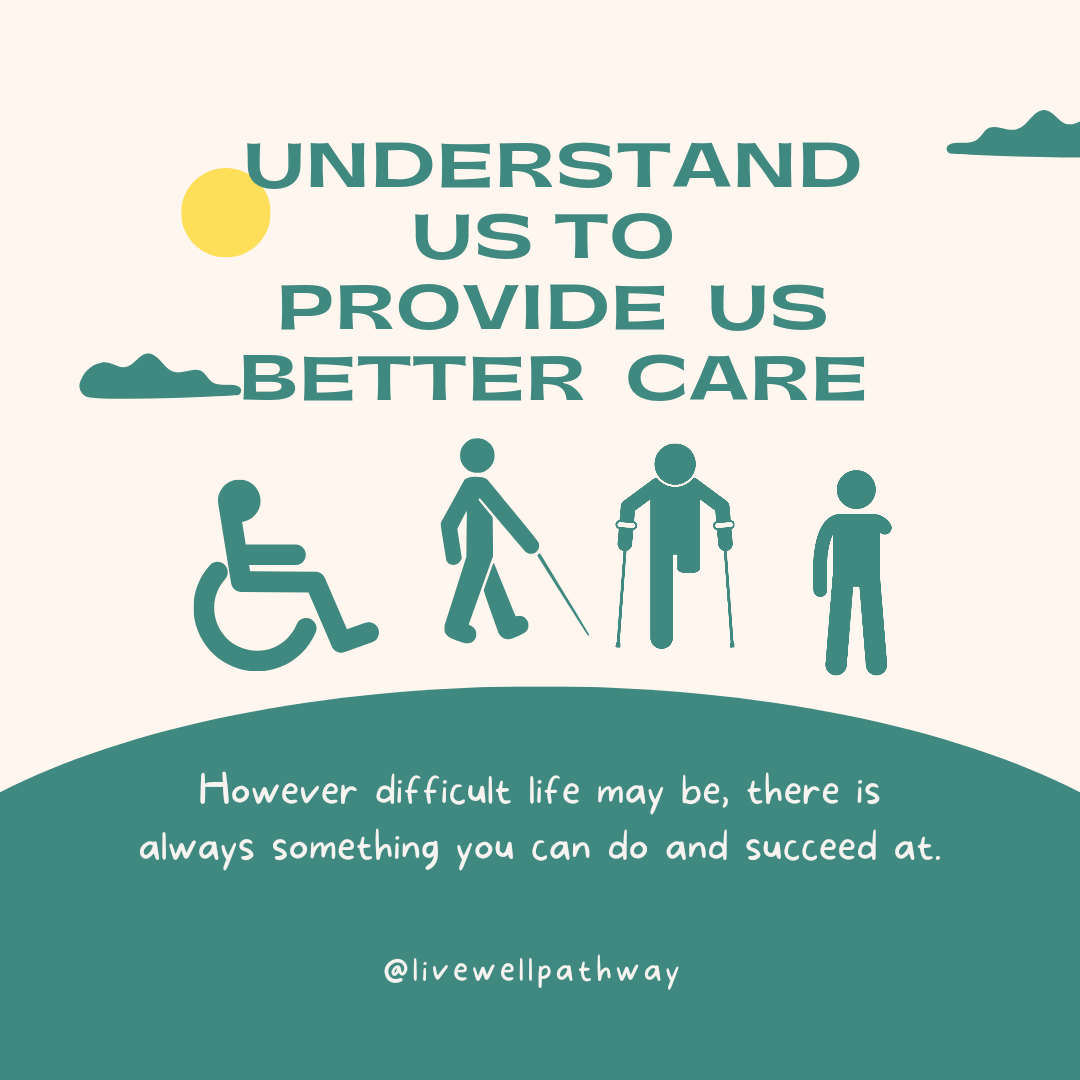Understanding Intellectual Disability Part 2
Today we shall look at some causes of IDD ( Intellectual Developmental Disability.
This cognitive impairment, is a condition characterized by limitations in intellectual functioning and adaptive behavior. These limitations can significantly affect a person's ability to learn, communicate, and perform everyday tasks.
Intellectual disability can have various causes, and it's important to understand that it is a complex condition with a wide range of manifestations. Here are some common causes and contributing factors:
Genetic Factors:
Genetic Abnormalities: Intellectual disability can result from genetic abnormalities such as Down syndrome, Fragile X syndrome, Rett syndrome, and others. These conditions are typically caused by mutations or extra or missing chromosomes.
Inherited Disorders: Examples include phenylketonuria (PKU) and Tay-Sachs disease.
Prenatal Factors:
Exposure to Toxins: Exposure to toxins during pregnancy, such as alcohol, drugs, or certain medications, can impair fetal brain development and lead to intellectual disability.
Infections: Certain infections during pregnancy, like rubella or cytomegalovirus (CMV), can increase the risk of intellectual disability in the developing fetus.
Perinatal Factors:
Premature Birth:
Babies born prematurely are at a higher risk of intellectual disability due to underdeveloped organs, including the brain.
Birth Complications: Oxygen deprivation during birth or other birth-related complications can lead to brain damage and intellectual disability.
Postnatal Factors:
Head Injury: Traumatic brain injury (TBI) sustained during childhood or adulthood can result in intellectual disability, depending on the severity and location of the injury.
Infections: Severe infections, such as meningitis or encephalitis, can damage the brain and cause intellectual impairment
Metabolic Disorders:
Some metabolic disorders, like hypothyroidism or phenylketonuria (PKU), can disrupt brain development and function, leading to intellectual disability if left untreated.
Environmental Factors:
Deprivation: Lack of access to proper nutrition, education, and a stimulating environment during early childhood can contribute to intellectual disability.
Socioeconomic Factors: Poverty, unstable family environments, and lack of social support can impact a child's cognitive development.
Unknown Causes:
In some cases, the exact cause of intellectual disability remains unknown, despite thorough medical evaluation. These cases are often classified as "idiopathic."
It's important to note that the severity of intellectual disability can vary widely, ranging from mild to profound, and early intervention and support can significantly improve an individual's quality of life and potential for learning and development.
#IDD #cognitiveimpairment #disabilityawareness #naturalremedies #livewellpathway #cranstembold Understanding Intellectual Disability Part 2
Today we shall look at some causes of IDD ( Intellectual Developmental Disability.
This cognitive impairment, is a condition characterized by limitations in intellectual functioning and adaptive behavior. These limitations can significantly affect a person's ability to learn, communicate, and perform everyday tasks.
Intellectual disability can have various causes, and it's important to understand that it is a complex condition with a wide range of manifestations. Here are some common causes and contributing factors:
Genetic Factors:
Genetic Abnormalities: Intellectual disability can result from genetic abnormalities such as Down syndrome, Fragile X syndrome, Rett syndrome, and others. These conditions are typically caused by mutations or extra or missing chromosomes.
Inherited Disorders: Examples include phenylketonuria (PKU) and Tay-Sachs disease.
Prenatal Factors:
Exposure to Toxins: Exposure to toxins during pregnancy, such as alcohol, drugs, or certain medications, can impair fetal brain development and lead to intellectual disability.
Infections: Certain infections during pregnancy, like rubella or cytomegalovirus (CMV), can increase the risk of intellectual disability in the developing fetus.
Perinatal Factors:
Premature Birth:
Babies born prematurely are at a higher risk of intellectual disability due to underdeveloped organs, including the brain.
Birth Complications: Oxygen deprivation during birth or other birth-related complications can lead to brain damage and intellectual disability.
Postnatal Factors:
Head Injury: Traumatic brain injury (TBI) sustained during childhood or adulthood can result in intellectual disability, depending on the severity and location of the injury.
Infections: Severe infections, such as meningitis or encephalitis, can damage the brain and cause intellectual impairment
Metabolic Disorders:
Some metabolic disorders, like hypothyroidism or phenylketonuria (PKU), can disrupt brain development and function, leading to intellectual disability if left untreated.
Environmental Factors:
Deprivation: Lack of access to proper nutrition, education, and a stimulating environment during early childhood can contribute to intellectual disability.
Socioeconomic Factors: Poverty, unstable family environments, and lack of social support can impact a child's cognitive development.
Unknown Causes:
In some cases, the exact cause of intellectual disability remains unknown, despite thorough medical evaluation. These cases are often classified as "idiopathic."
It's important to note that the severity of intellectual disability can vary widely, ranging from mild to profound, and early intervention and support can significantly improve an individual's quality of life and potential for learning and development.
#IDD #cognitiveimpairment #disabilityawareness #naturalremedies #livewellpathway
#cranstembold






